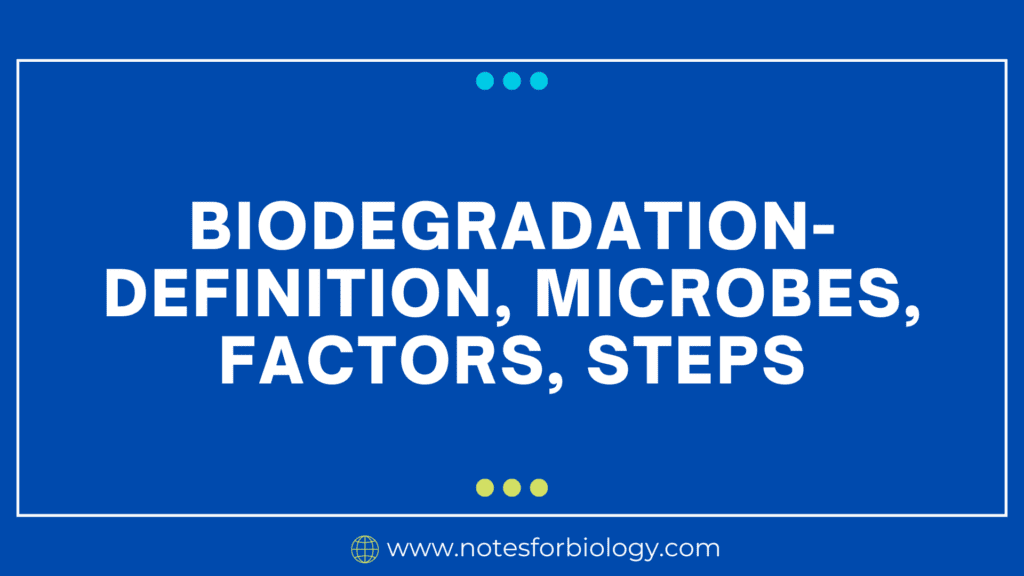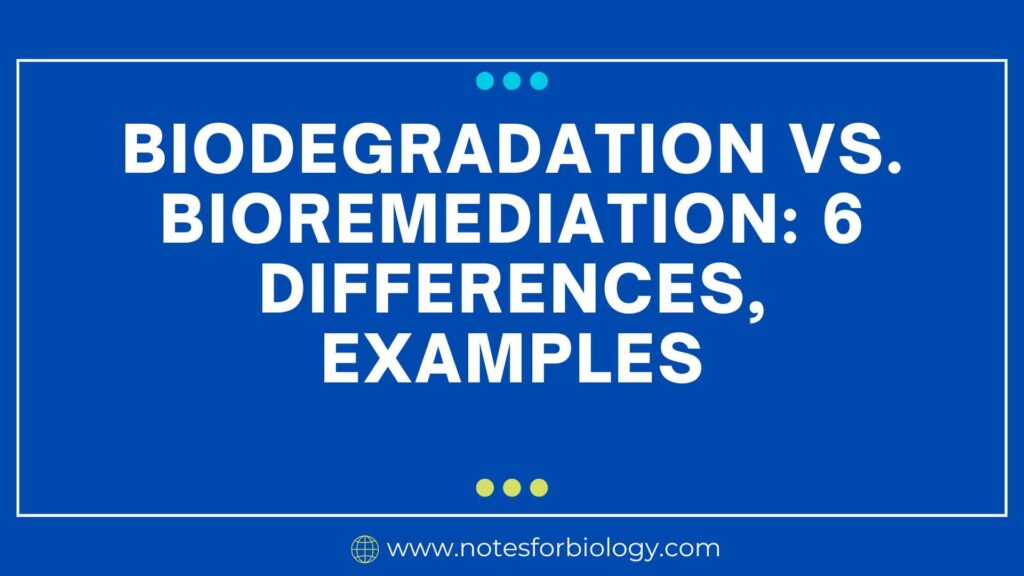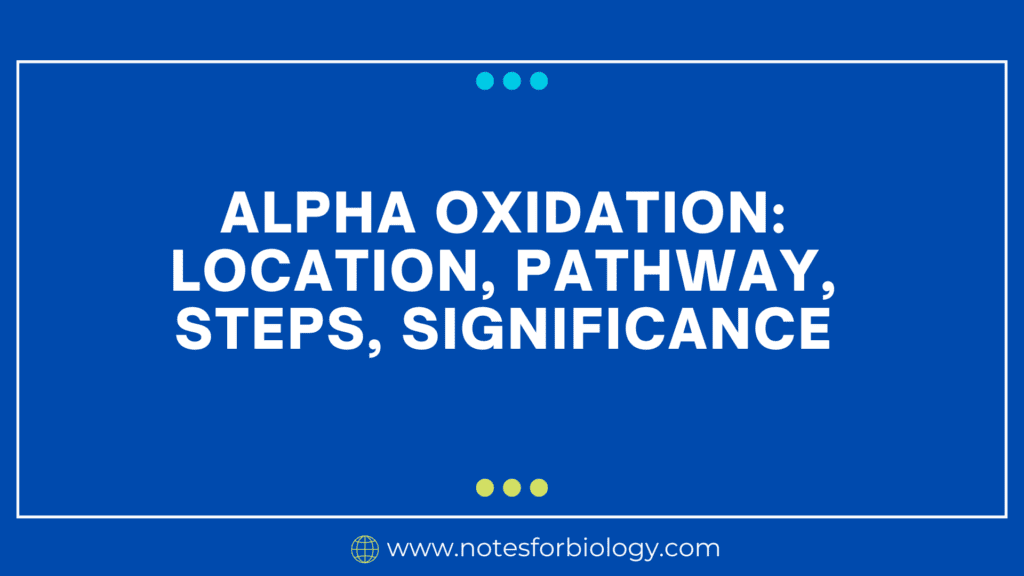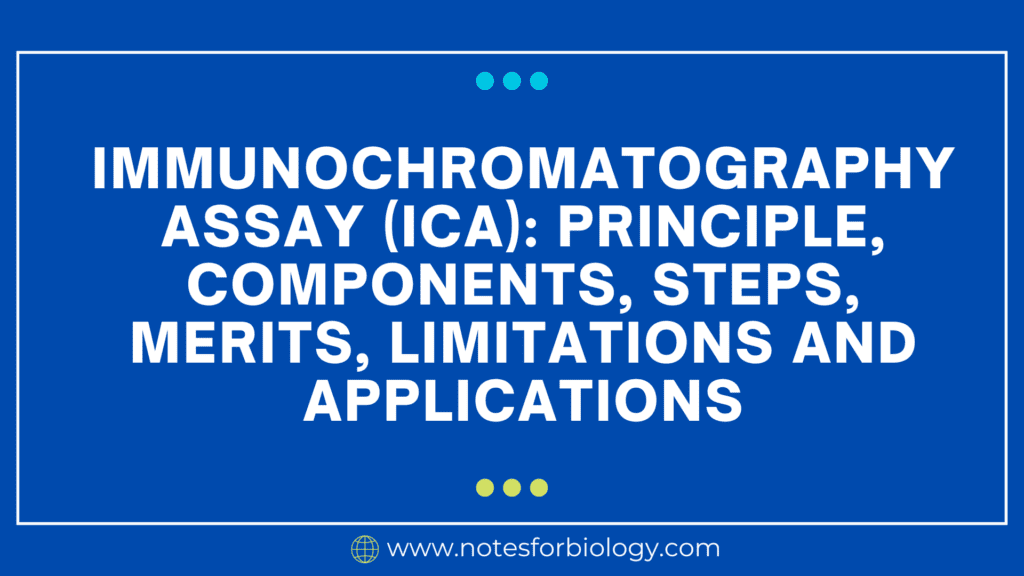What is Biodegradation?
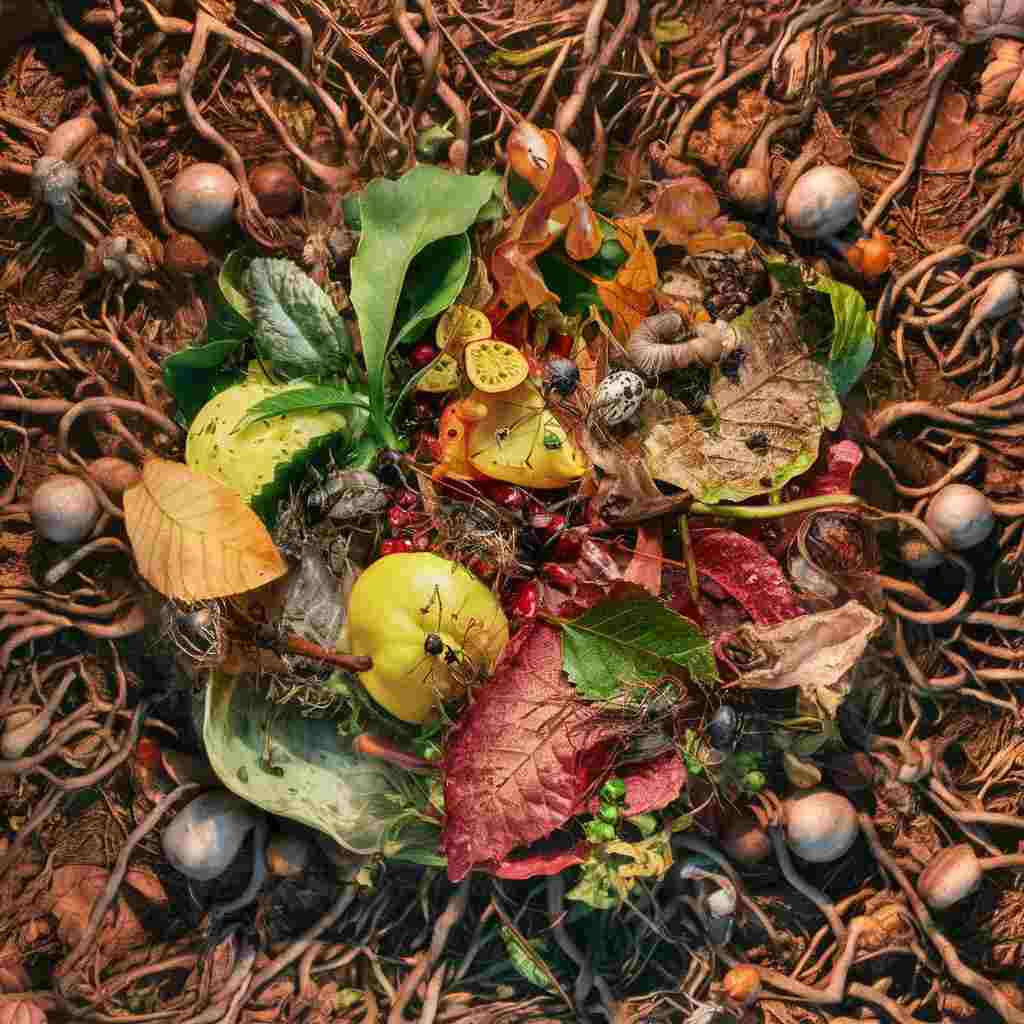
Table of Contents
The process of turning waste materials into nutrients through the biological action of live microorganisms is known as biodegradation. Complex chemical molecules completely mineralize into simpler forms, such as CO2, NO3, H2O, and other inorganic compounds, during this process.
It is the breakdown of organic materials (like dead plants, animal waste, and synthetic compounds) into simpler substances by living organisms, primarily microbes (bacteria and fungi). This process is essential for maintaining a healthy environment and is a key component of the natural recycling of resources.
Microbes involved in biodegradation
Bacteria: broad category of organisms with specialized skills for breaking down particular substances.
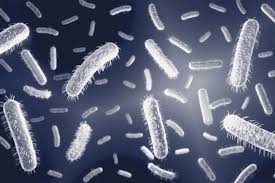
Fungi: Well-known for their ability to decompose complex polymers like lignin and cellulose.
Yeasts, algae, and protozoa are examples of other microorganisms; each has a distinct function in bio degradation.
Factors affecting biodegradation
Temperature
The ideal ranges of temperature for microbial activity exist.
Moisture
In order to live and operate, the majority of microorganisms need a specific amount of moisture.
Oxygen
Anaerobic bacteria can survive without oxygen, whereas aerobic bacteria need it to survive.
pH
Various pH ranges are favorable to different microorganisms.
Availability of resources
For development and activity, microbes require minerals like phosphorus and nitrogen.
Chemical structure of the compound
The compound’s stability and complexity dictate how quickly it can break down.
Inhibitors
Certain compounds have the ability to impede microbial action, hence delaying.
Steps involved in biodegradation
Adsorption
The process by which microorganisms adhere to organic matter.
Transport
The microbial cells receive nutrients from the organic substance.
Enzymatic breakdown
Complex organic molecules are broken down into simpler chemicals by the enzymes produced by microbes.
Metabolism
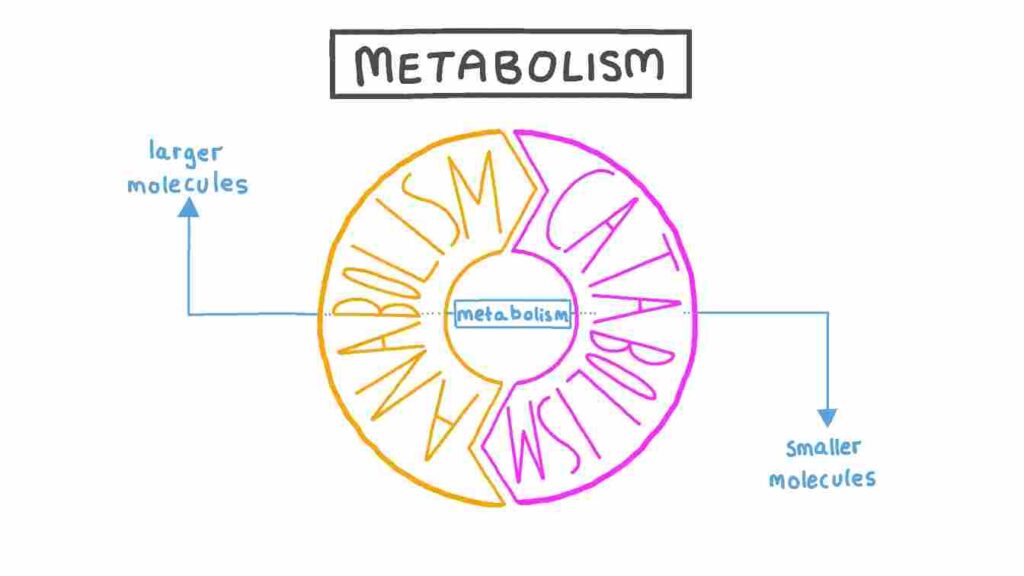
The process through which food is converted into energy in the body’s cells is known as metabolism (pronounced meh-TAB-uh-liz-um). For our bodies to move, think, and grow, they require this energy. The body’s specific proteins regulate the chemical processes involved in metabolism. The microbes metabolize the breakdown products to produce energy and support cell growth. Two examples of metabolic pathways are the mechanisms involved in the synthesis and degradation of glucose molecules. A network of interconnected chemical events that support one another is called a metabolic pathway.
Creation of end products
Carbon dioxide, water, and basic inorganic chemicals are frequently the end products of bio degradation.
Examples
Composting : It is the process by which bacteria break down organic waste to produce a rich soil amendment.
Sewage treatment: To filter water, microbes in sewage break down organic waste.
Bioremediation: Using microbes to purge tainted water and soil is known as bioremediation.
The intricate process of bio degradation is necessary to keep the environment safe. We can maximize the benefits of biodegradation for waste management and environmental repair by comprehending the variables that affect it.
Frequently Asked Questions(FAQ)
What are the Steps involved in biodegradation ?
The Steps are
Adsorption
Transport
Enzymatic breakdown
Creation of end products
Metabolism
What is Biodegradation?
It is the breakdown of organic materials (like dead plants, animal waste, and synthetic compounds) into simpler substances by living organisms, primarily microbes (bacteria and fungi).
What are the Microbes involved in bio degradation ?
The Microbes involved in It are
Bacteria
Fungi
Yeasts, algae, and protozoa
What are its example?
Its example are
Composting : It is the process by which bacteria break down organic waste to produce a rich soil amendment.
Sewage treatment: To filter water, microbes in sewage break down organic waste.
Bioremediation: Using microbes to purge tainted water and soil is known as bioremediation.
Related Articles

